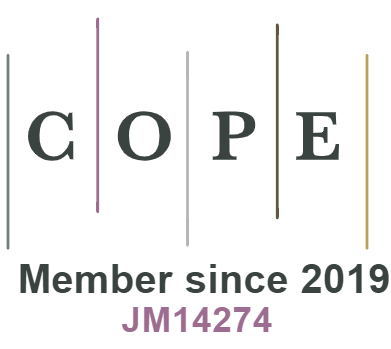A Reorientation of Belief: Considerations for Increasing the Recruitment of Black Students Into Canadian Physiotherapy Programs
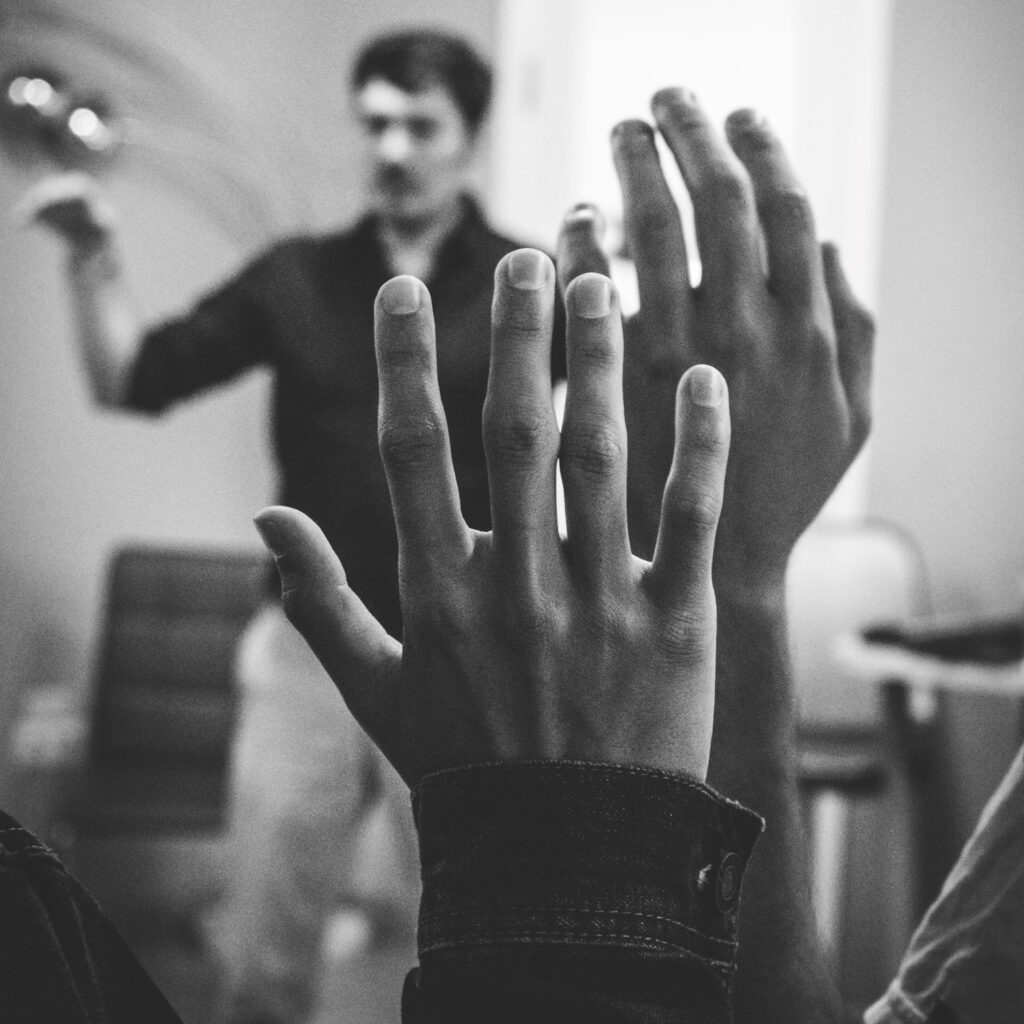
[vc_row content_placement=”top”][vc_column][vc_custom_heading source=”post_title” font_container=”tag:h1|text_align:left|color:%231e73be” use_theme_fonts=”yes”][vc_custom_heading text=”By Paulina Wegrzyn, MScPT, Celina Evans, MScPT, Gina Janczyn, MScPT, Jasline Judge, MScPT, Remi Lu, MScPT, Rahim Manji, MScPT, Julia Gray, PhD, Meredith Smith, MScPT, and Stephanie A. Nixon, PhD” font_container=”tag:h4|text_align:left|color:%23000000″ use_theme_fonts=”yes” css=”.vc_custom_1634071167268{padding-bottom: 30px !important;}”][vc_column_text]Download the article (pdf)[/vc_column_text][vc_custom_heading text=”Abstract” font_container=”tag:h4|text_align:left” use_theme_fonts=”yes”][vc_column_text]Racism, and anti-Black racism in particular, are structures in society […]
“Is the Assumption of the Autonomous Individual Holding Us Back in Vocational Rehabilitation?”

[vc_row content_placement=”top”][vc_column][vc_custom_heading source=”post_title” font_container=”tag:h1|text_align:left|color:%231e73be” use_theme_fonts=”yes”][vc_custom_heading text=”By Joanna K. Fadyl, PhD, Lynette Reid, PhD, Christine Cummins, MHSc, and Barbara E. Gibson, PhD” font_container=”tag:h4|text_align:left|color:%23000000″ use_theme_fonts=”yes” css=”.vc_custom_1634052297812{padding-bottom: 30px !important;}”][vc_column_text]Download the article (pdf)[/vc_column_text][vc_custom_heading text=”Abstract” font_container=”tag:h4|text_align:left” use_theme_fonts=”yes”][vc_column_text]Despite a move toward sophisticated conceptual work in the field of vocational rehabilitation, an assumption that the subjects of intervention are autonomous ‘individuals’ continues […]
Toward a Social Psychoanalysis of Rehabilitation Practice

[vc_row content_placement=”top”][vc_column][vc_custom_heading source=”post_title” font_container=”tag:h1|text_align:left|color:%231e73be” use_theme_fonts=”yes”][vc_custom_heading text=”By Thomas Abrams, PhD” font_container=”tag:h4|text_align:left|color:%23000000″ use_theme_fonts=”yes” css=”.vc_custom_1633486120492{padding-bottom: 30px !important;}”][vc_column_text]Download the article (pdf)[/vc_column_text][vc_custom_heading text=”Abstract” font_container=”tag:h4|text_align:left” use_theme_fonts=”yes”][vc_column_text]This article presents a social psychoanalytic reading of the rehabilitation clinic. I begin by sketching the basics of Freudian psychoanalysis, tempered with work by Parsons, Deleuze and Guattari, and more recent feminist critiques. In doing so, […]
What’s at Stake With Biomusic? Ethical Reflections on an Emerging Technology

Biomusic, emerging technology that translates physiological signals into sound/musical output may offer utility as an assistive technology for people with autism. The authors explore a variety of perspectives in humanities and social sciences to reflect on the ethical issues at stake with the use of biomusic in rehabilitation.
Perspectives On ‘Person-Centeredness’ From Neurological Rehabilitation and Critical Theory: Toward a Critical Constellation

Jenni Aittokallio, PT, MH and Anna Ilona Rajala, PT, MA explore in-depth the concept of person-centeredness in healthcare and rehabilitation. As a part of their research, they interviewed recipients of neurological rehabilitation, to determine what in their treatment had been truly meaningful for them. The authors suggest that person-centeredness is best viewed as encompassing a complex constellation of factors and issues surrounding each unique patient.
Critical Disability Studies With Rehabilitation: Re-thinking the human in rehabilitation research and practice
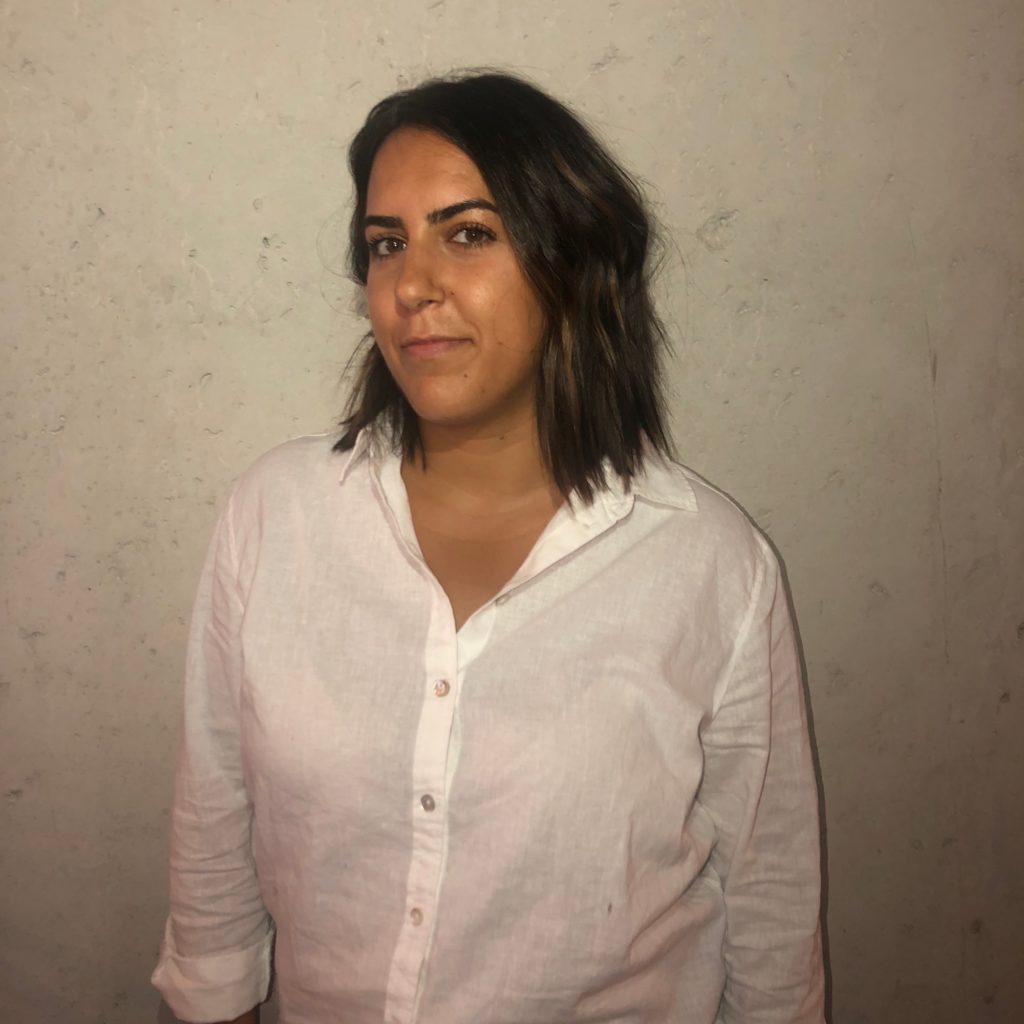
In this Perspective, Donya Mosleh, PhD argues for a new mode of scholarly practice that recognizes and addresses tensions between two fields that seemingly occupy opposite ends of a continuum. In order to promote a more productive engagement, critical disability studies with rehabilitation sciences unsettles knowledge relations that position these two fields as oppositional and incompatible.
Finding Help: Exploring the accounts of persons with disabilities in Western Zambia regarding strategies to improve their situation

The main focus of rehabilitation is to provide help to those who need it. But does the Western definition of “help” always apply in other regions? In “Finding Help: Exploring the Accounts of Persons With Disabilities in Western Zambia…,” Shaun R. Cleaver and colleagues present the concept of help in a completely new light, and offer suggestions for a more societally-based approach to healing.
Exploring How Racism Structures Canadian Physical Therapy Programs: Counter-Stories From Racialized Students
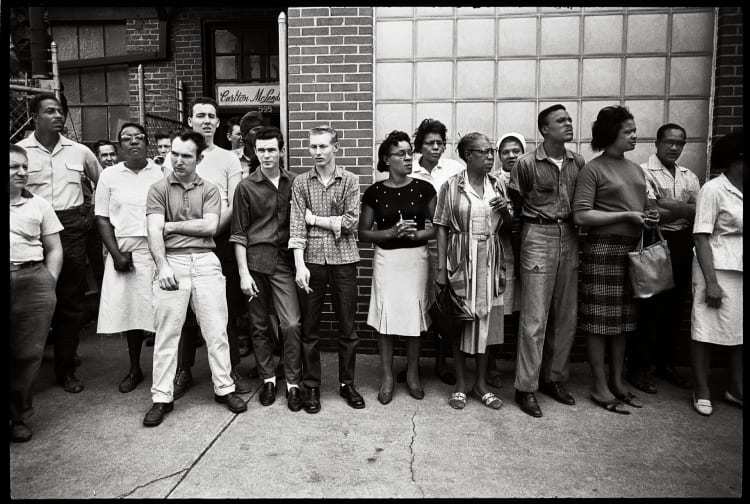
The authors of this study conducted in-depth interviews with racialized students or recent graduates of Master’s-level physical therapy programs in Canada. The students described their experiences of white culture, and how well-meaning fellow students simply weren’t aware of the institutionalized racism around them. In compelling quotes, the students detail their feelings of frustration and resignation based on repeated exposure to race-related stereotypes.
‘Making Strange’: Exploring the Development of Students’ Capacity in Epistemic Reflexivity

Engaging in epistemic reflexivity, or the ability to question the ways in which we practice, and their association with organizational and social structures, is the key to gaining a clear perspective on the profession, according to these authors. How can students take a step back, and gain true insight into their professional world? This study employed a 7-step framework to introduce learners to the process of “making strange.”
Gathering on the Wrong Side of the Road: Critical Race Scholarship Across the Health Humanities
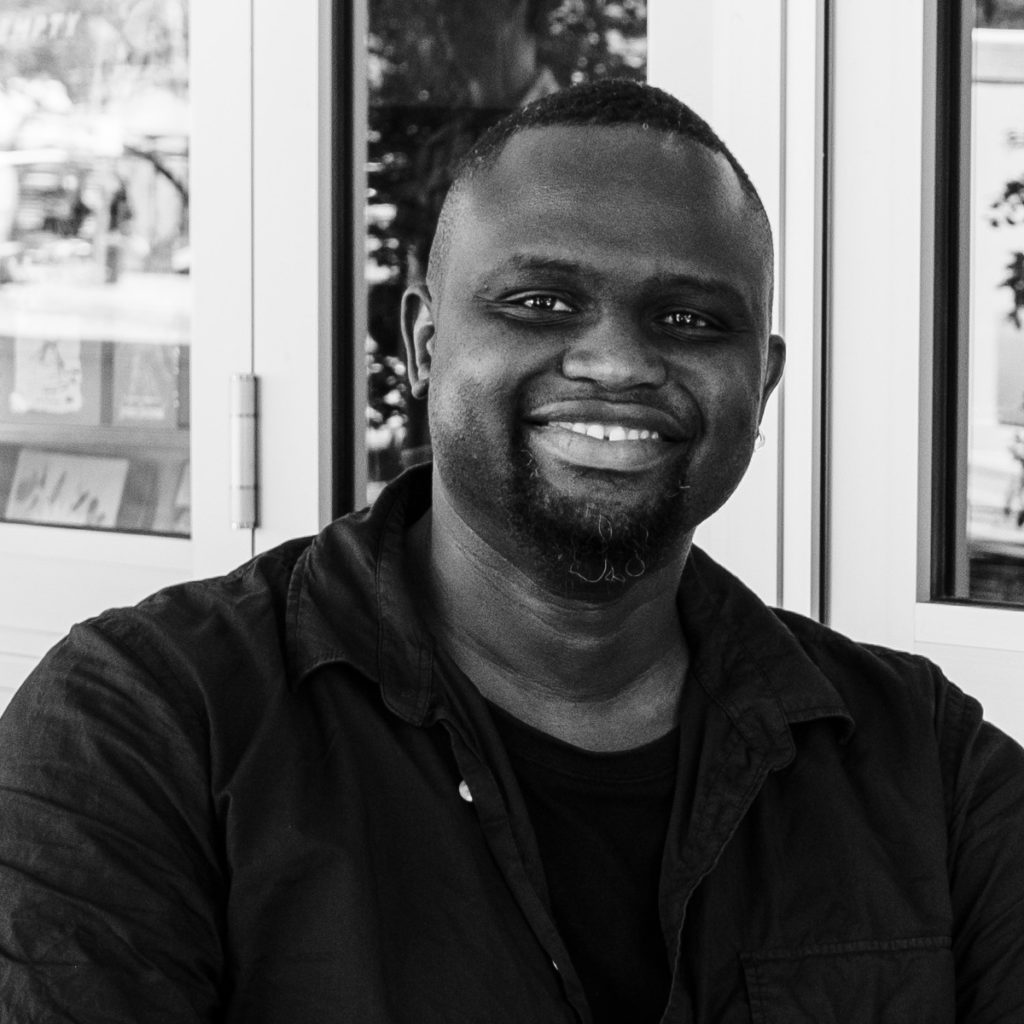
In a compelling response to our article, “Exploring How Racism Structures Canadian Physical Therapy Programs,” Dr. Bryan Mukandi offers an account of his critique of early drafts of the article, requested by the authors. He notes that his fear at the time was that the article “was an inadvertent reiteration of the idea that the inclusion of people of color in health disciplines is a matter of charity rather than justice.” Dr. Mukandi expresses the hope that more colleagues like these can gather with those “on the wrong side of the road” to foster dialogue and spur change.


